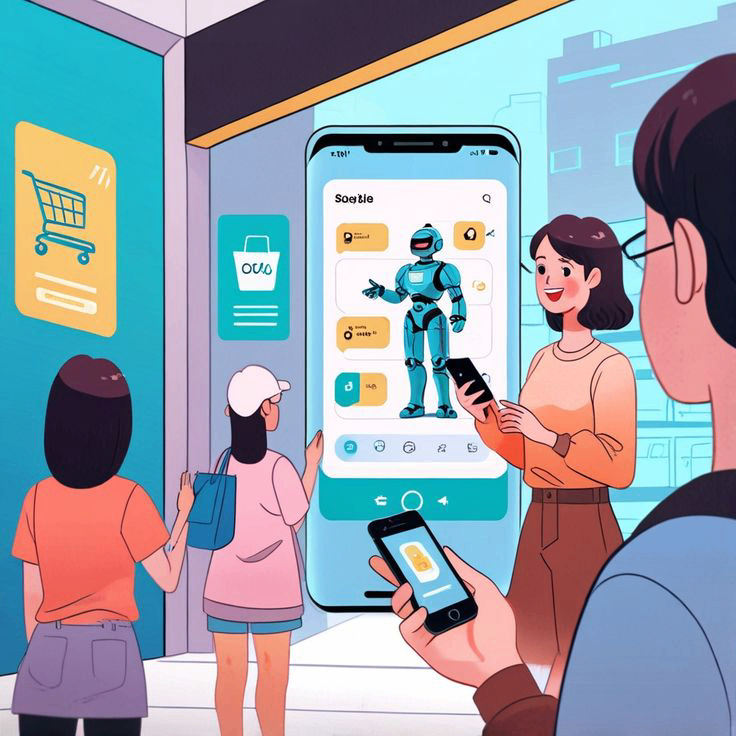https://ph.pinterest.com/pin/113364115614915307/
Why Hyper-Personalization Through AI Is Reshaping How Filipinos Shop, Click, and Buy Online
The Philippine e-commerce sector is evolving fast, with artificial intelligence (AI) at the center of its transformation. Once focused solely on logistics and payment systems, online retail in the country is now entering a new phase one driven by data, personalization, and smarter selling.
A New Consumer Mindset
As more Filipinos shop online, their expectations are rising. It’s no longer enough to offer a wide range of products or quick delivery shoppers want a curated experience tailored to their preferences. Enter AI personalization. By analyzing massive datasets in real time, AI systems can determine what each individual customer is likely to want, need, or enjoy. These predictions power product recommendations, custom marketing campaigns, dynamic pricing strategies, and more.
For example, when a user frequently browses skincare products and clicks on cruelty-free labels, an AI-powered system can prioritize sustainable beauty items on their homepage, send promotional emails with relevant offers, or even notify them of back-in-stock favorites. This type of personalized engagement leads to better customer satisfaction and higher conversion rates.
The Rise of Smart Tools
Several Philippine-based startups and digital marketplaces are investing in AI-driven tools. Chatbots that provide instant support and product suggestions are becoming the norm. Platforms now use machine learning to anticipate demand and optimize inventory, helping sellers avoid overstock or understock issues. Personalized storefronts and AI-curated bundles help smaller businesses compete with larger players by offering shoppers a more intimate and relevant experience.
Additionally, AI is proving useful in fraud detection, customer sentiment analysis, and even predictive shipping where algorithms estimate when a customer will order again and prepare inventory in advance.
Challenges and Opportunities
Despite its potential, AI adoption in Philippine e-commerce still faces challenges. Infrastructure gaps, limited access to quality data, and cost barriers can slow down integration, especially for SMEs. Moreover, as the government pushes for stricter digital commerce regulations to protect consumers, companies must ensure their AI practices align with transparency, privacy, and ethical standards.
However, these challenges also present an opportunity. Retailers that can adopt responsible AI and use data ethically will gain consumer trust and long-term loyalty. In a digital marketplace where personalization often makes or breaks a sale, using AI responsibly becomes a competitive advantage.
The Future of E-Commerce in the Philippines
As AI technologies become more accessible and consumer behavior more complex, personalization will no longer be a bonus, it will be a baseline. The e-commerce brands that succeed will be those that embrace AI not just to sell more, but to sell smarter: anticipating needs, nurturing trust, and delivering value at every digital touchpoint.
In the Philippines, the shift is already underway. The next wave of online retail won’t just be fast it will be thoughtful, intelligent, and deeply human at its core.




 ${ lang === 'zh' ? '中文': 'ENG' }
${ lang === 'zh' ? '中文': 'ENG' }
 ${ lang === 'zh' ? '中文': 'ENG' }
${ lang === 'zh' ? '中文': 'ENG' }


